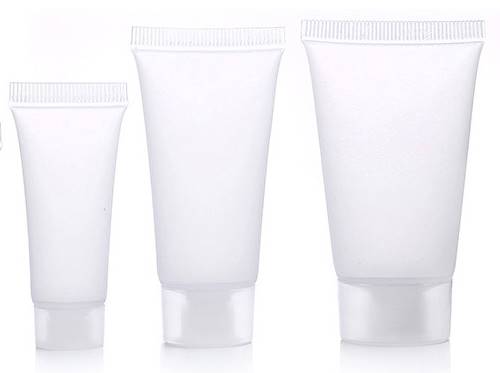Hair removal creams, also known as depilatory creams, are quite popular choices for individuals seeking a painless and convenient way to remove unwanted hair from different parts of their bodies. However, like many beauty products and creams, hair removal creams have been the subject of concerns and misconceptions, one of which is whether they can cause skin darkening. In this article, we will dive into the truth behind this and examine the real impact of hair removal creams on the skin.
Understanding Hair Removal Creams

Hair removal creams are topical beauty products formulated with certain chemical agents designed to break down the protein structure of hair, allowing it to be easily wiped away from the skin’s surface. Common active ingredients include potassium hydroxide and calcium thioglycolate, which work to dissolve the hair without affecting the skin itself.
Does Using Hair Removal Cream Make Skin Darker?

No, using hair removal cream does not make the skin darker. The cream targets hair and does not affect the skin’s pigmentation.
The Darkening Myth: The notion that hair removal creams can darken the skin is based on anecdotal experiences of some people who claim to have noticed temporary discoloration or darkening after using the products. However, it’s important to distinguish between correlation and causation and analze contribute to these observations.
Sun Exposure
One factor that can impact skin darkening is exposure to the sun. The skin may become more sensitive after using a hair removal cream, making it prone to sunburn. Sunburn can temporarily darken the skin, and prolonged sun exposure can cause increased melanin production, causing a tan. To prevent skin darkening from sun exposure, it is important to limit sun exposure and protect the skin with sunscreen, especially after using hair removal creams.
Temporary Skin Irritation
One of the most common reasons for temporary skin darkening after use of hair removal creams is skin irritation. Certain people, particularly those with sensitive skin, might experience inflammation, itching, or redness after using these products. The irritated skin can give the appearance of being darker, but this is not a permanent change in skin color. Conducting a patch test before using hair removal creams on a larger area can help identify any skin sensitivity or potential allergic reactions.
Hyperpigmentation Concerns
Some individuals associate hyperpigmentation with the use of hair removal creams. Hyperpigmentation is a condition characterized by the darkening of certain skin areas due to an increase in melanin production. However, it is essential to note that hair removal creams, when used as directed, do not have a direct role in promotin melanin production or causing hyperpigmentation.
Hyperpigmentation can result from different factors, such as genetic predisposition, sun exposure, hormonal changes, or skin injuries. People with darker skin tones or those with a history of hyperpigmentation should be careful when using hair removal creams, as they might be more susceptible to the development of post-inflammatory hyperpigmentation if their skin becomes irritated.
Post-Hair Removal Care
The lack of proper post-hair removal care is another factor that may contribute to temporary skin darkening. Hair removal creams can leave behind residue, and when combined with dead skin cells, it can create a darkened or dull appearance. Regular exfoliation can help prevent this and promote healthier and good looking skin.
Conclusion
In conclusion, the claim that hair removal creams can darken the skin is a myth. When used correctly, hair removal creams should not lead to stimulate melanin production or a lasting change in skin color. Temporary darkening might occur due to lack of proper post-hair removal care, skin irritation, or sun exposure, but these effects are not directly related to the cream itself. To ensure the best results and maintain radiant , healthy skin, it is crucial to follow the instructions carefully, do a patch test, and take proper post-hair removal precautions. If you have concerns or experience persistent skin irritation, it is advisable to consult a dermatologist for personalized solutions and advice.


